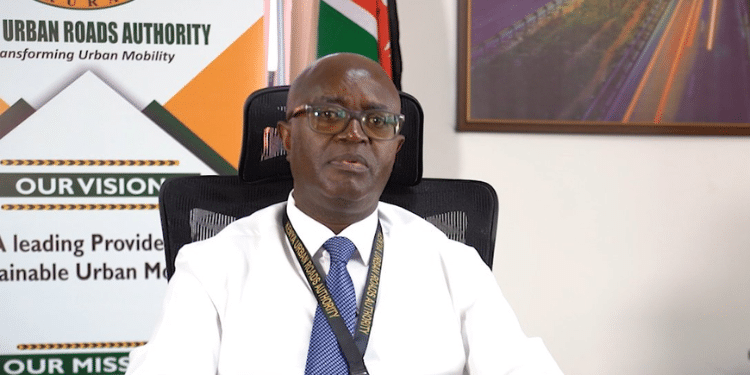A survey involving 1,000 CEOs across various sectors has provided President William Ruto with a roadmap for improving Kenya’s business and economic environment.
The recommendations, drawn from key industries such as finance, agriculture, tourism, and manufacturing, focus on reducing business costs, streamlining policies, and enhancing global competitiveness.
Moreover, the 2025 CBK Chief Executive Officers (CEOs) Survey targeted business leaders across multiple industries, providing insights into the challenges and opportunities shaping Kenya’s economic landscape in 2025.

Also Read: Employers Reveal Top Sectors Hiring in 2025 and Why
Open Skyways, International Marketing and Other Recommendations from the CEOs
The CEOs advocate for an open sky policy to attract more international airlines, increase flight routes, and improve airport operations.
They argue in the survey that smoother entry processes will enhance Kenya’s appeal as a top global travel destination, ultimately increasing foreign exchange earnings.
To attract long-term investors, the business leaders recommend a stronger focus on Kenya’s unique strengths.
They emphasized the need for aggressive global marketing campaigns and image-building initiatives that position the country as a stable and investment-friendly hub in Africa.
Further, the private sector believes this will instil confidence in foreign investors, fostering job creation and economic expansion.
Despite a recent decline in interest rates, many firms continue to struggle with limited access to credit. The 1,000 CEOs have urged the government to implement policies that encourage lending to businesses, especially small and medium enterprises (SMEs), which are crucial to economic growth.
Enhancing credit accessibility will allow businesses to expand, innovate, and create more employment opportunities.
Also Read: Equity Group CEO James Mwangi Joins American Think Tank
Tax Stability and Other Regulations Ruto Should Explore
One of the biggest concerns raised by CEOs is the lack of predictability in Kenya’s tax regime.
According to them, frequent changes in tax policies and abrupt regulatory adjustments create uncertainty, discouraging investment.
Consequently, the business leaders are calling for a more transparent, stable, and investor-friendly tax structure, which would allow companies to plan for long-term growth without unexpected financial burdens.
Also, the CEOs urged the government to expand air freight capacity to enable smooth transportation of perishable goods, particularly horticultural products. Strengthening logistics and infrastructure in this sector, they argue, will enhance Kenya’s standing as a leading exporter of fresh produce.
On the other hand, manufacturers are calling for stronger protections against dumping and unfair competition from imports.
To enhance the competitiveness of local industries, business leaders propose incentives for domestic production, better enforcement of anti-dumping regulations, and investment in industrialization policies that ensure sustainable growth for Kenyan manufacturers.
The CEOs stressed the need for comprehensive measures to lower the overall cost of doing business.
They noted that high electricity costs, bureaucratic inefficiencies, and unpredictable policy shifts continue to hinder private sector growth.
Simplifying business operations, investing in infrastructure, and ensuring affordable energy costs will create a more favourable environment for entrepreneurs and investors.
Follow our WhatsApp Channel and join our WhatsApp Group for real-time news updates









































































